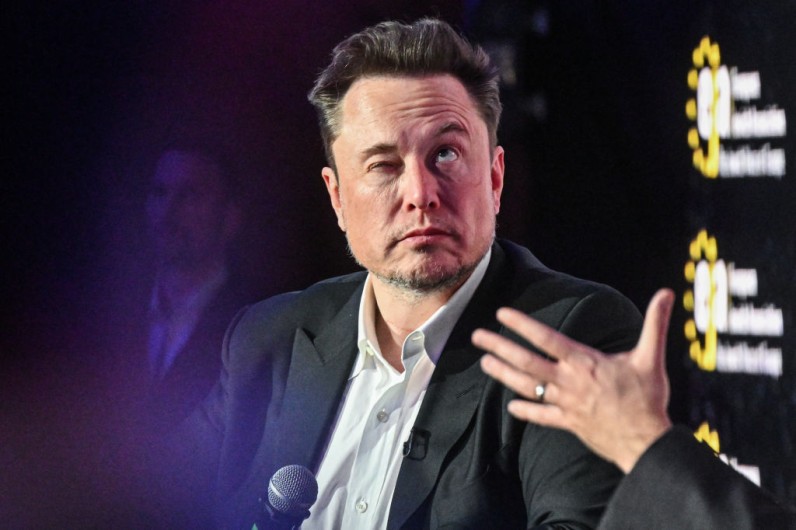
Elon Musk has delivered a clear directive to American businesses: invest heavily in artificial intelligence (AI) or risk becoming obsolete in the competitive landscape.
Elon Musk Emphasizes the Importance of Investing in AI
Amid Tesla's shift away from expanding vehicle production capacity, Musk announced plans to allocate $10 billion this year towards bolstering AI training and inference capabilities.
He emphasized the critical importance of this investment, suggesting that companies failing to match this level of spending would struggle to remain competitive.
The focus of these AI investments appears to be directed towards enhancing Tesla's automotive offerings, particularly in relation to advancing the capabilities of its Full Self-Driving (FSD) technology.
This development adds to Musk's ongoing efforts in other AI ventures, such as the development of a humanoid robot named Optimus, inspired by the iconic 1980s animated character.
"Tesla will spend around $10B this year in combined training and inference AI, the latter being primarily in car," Musk said in a post on his social network X (formerly Twitter).
"Any company not spending at this level, and doing so efficiently, cannot compete."
READ NEXT : Elon Musk Is An 'Arrogant Billionaire' Says Australian PM After Escalating Social Media Feud
Tesla's Shift to AI
According to Fortune, spending on AI inference would primarily benefit Musk's car lineup, implying that he is laying the groundwork for the next generation of his custom-designed Full Self-Driving (FSD) computer, known as HW5.
This dramatic and hazardous shift toward AI-and, by extension, away from his earlier goal of doubling car sales to 20 million EVs per year-decisively resolves the ongoing question of whether Tesla is an automaker or a technology firm in favor of the latter.
Any average auto CEO would have long ago invested in revitalizing one of the auto industry's oldest product lines, said Fortune. Musk, on the other hand, appears to regard his automobiles as an iPhone on wheels, a luxury gadget for delivering high-margin software that can be sold at a lower profit because income is recouped by providing services around the vehicle.
Meanwhile, Tesla has been obliged to continuously lower its prices to generate enough demand to keep its plants running. Musk even recently reduced the price of his FSD software by a third.







Join the Conversation